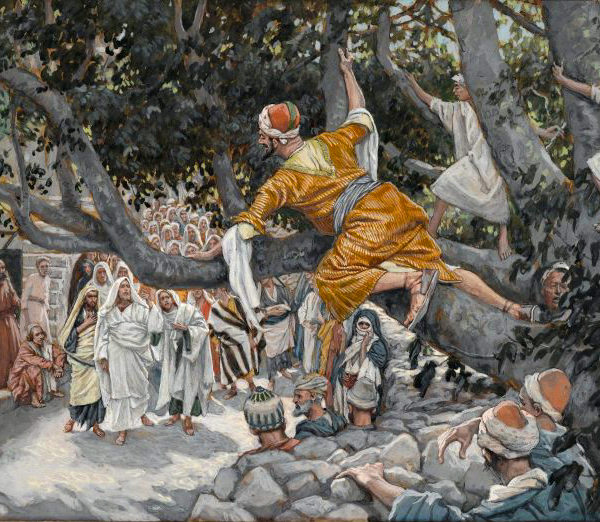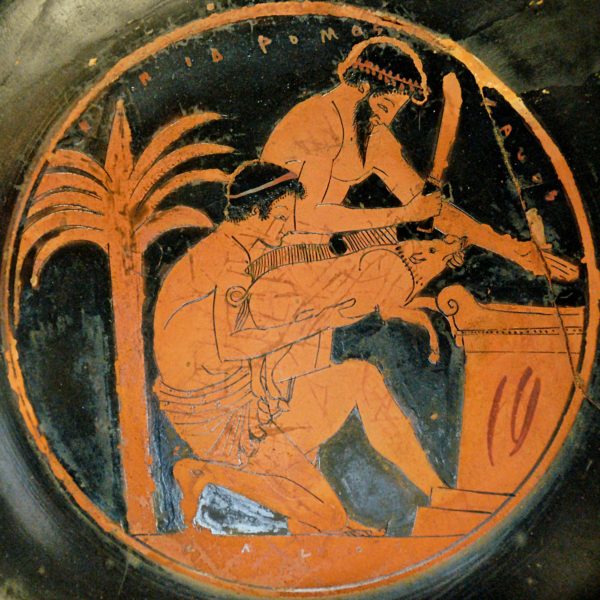
In this hymnic account of Jesus’ person and mission, his preference for and service to others becomes a paradigm for faithful human existence. God’s solidarity with the human race discloses the truth of both power and freedom.

In the declamation of Isaiah 1, the prophet associates Judah and its rulers with Sodom, for their inhospitality, injustice, and the presumption that they can hide this from God. Zacchaeus, a man characterized by such Sodom-like injustice, is delivered from this as justice is welcomed into his house in the person of Jesus.

Paul’s teaching about the manner in which love for weaker brethren should guide behavior when considering eating food sacrificed to idols provides principles that remain relevant, long after the issue that provoked their articulation. The role that politics and the state play in contemporary forms of idolatry suggests analogies that can be drawn between the responsibilities of first century Corinthians and our own.








